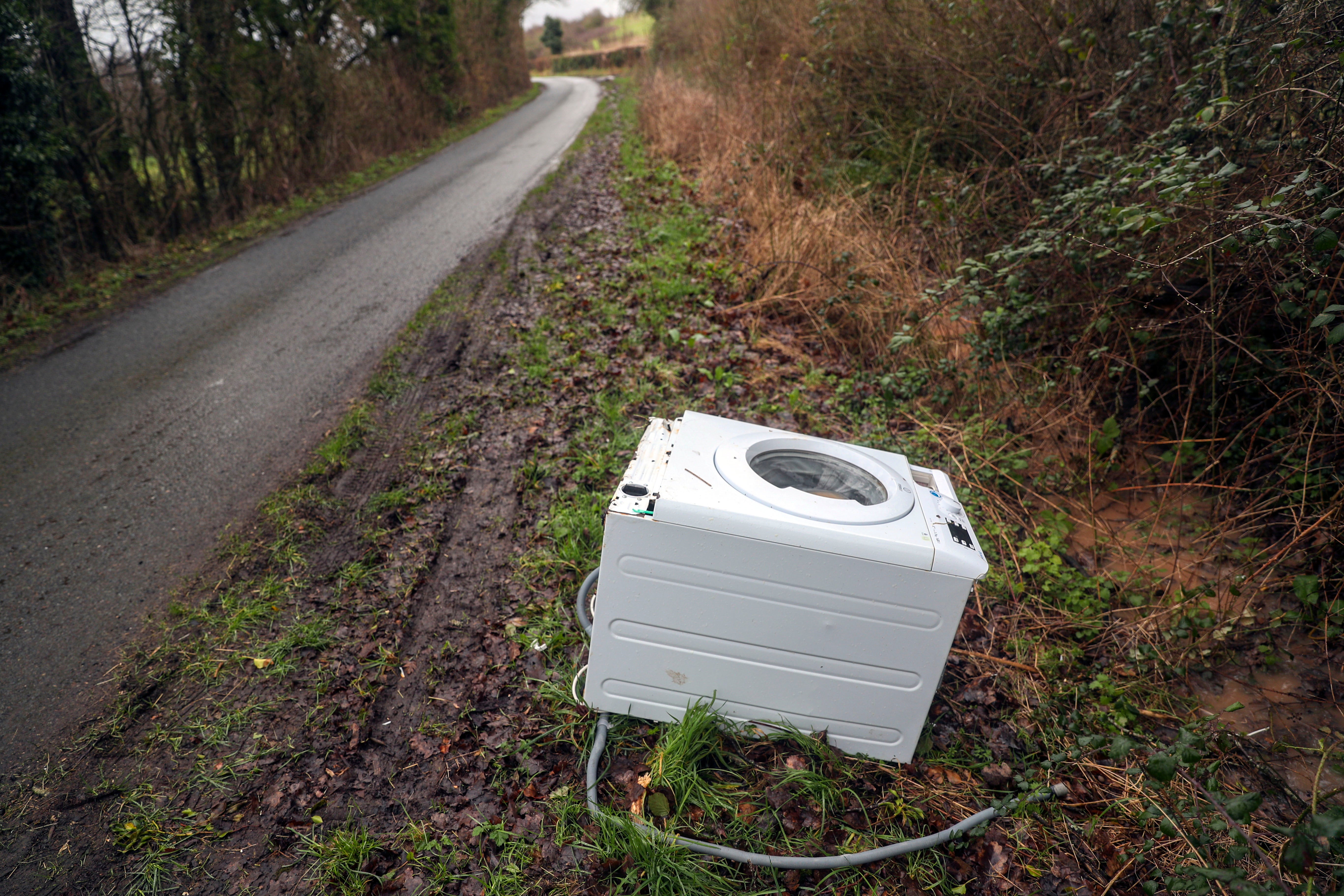New ‘right to repair’ standards come into effect
Electrical appliances should now be cheaper to run and longer lasting as a result of new repair standards.

Your support helps us to tell the story
From reproductive rights to climate change to Big Tech, The Independent is on the ground when the story is developing. Whether it's investigating the financials of Elon Musk's pro-Trump PAC or producing our latest documentary, 'The A Word', which shines a light on the American women fighting for reproductive rights, we know how important it is to parse out the facts from the messaging.
At such a critical moment in US history, we need reporters on the ground. Your donation allows us to keep sending journalists to speak to both sides of the story.
The Independent is trusted by Americans across the entire political spectrum. And unlike many other quality news outlets, we choose not to lock Americans out of our reporting and analysis with paywalls. We believe quality journalism should be available to everyone, paid for by those who can afford it.
Your support makes all the difference.Manufacturers must make home products such as washing machines and dishwashers easier to repair under new standards coming into force on Thursday.
White goods and televisions will be cheaper to run and last longer as a result of the new energy efficiency rules to tackle “premature obsolescence” – a short lifespan deliberately built into an appliance by manufacturers which leads to unnecessary and costly replacements for the consumer.
Manufacturers are now legally obliged to make spare parts for products available to consumers for the first time – a new legal right for repairs – so that electrical appliances can be fixed easily.
The rules are designed to tackle the 1.5 million tonnes of electrical waste generated in the UK every year by extending the lifespan of products by up to 10 years, preventing appliances ending up on the scrap heap sooner than they should and reducing carbon emissions at the same time.
We want the Government to extend these rules to cover more appliances, ensure the parts are available throughout the lifespan of each product and are easily affordable
Minister of state for energy Anne-Marie Trevelyan said: “The tougher standards coming in today will ensure more of our electrical goods can be fixed rather than have to be thrown away when they stop working, putting more money back in the pockets of consumers, as we build back greener.”
Climate change minister Lord Callanan said: “We can all play our part in ending our contribution to climate change, even when we’re choosing a new electrical appliance.
“Our reforms are helping consumers make more informed decisions about how eco-friendly one smart TV or dishwasher is over another, helping us reduce our carbon footprint.”
Which? consumer rights spokesman Adam French said: “Too often electrical items end up in landfill because they are either too costly or difficult to fix, so these new rules requiring manufacturers to make spare parts more widely available are a step in the right direction and should ensure products last longer and help reduce electrical waste.
“As a next step, we want the Government to extend these rules to cover more appliances, ensure the parts are available throughout the lifespan of each product and are easily affordable.”
A network of competent repairers approved by the manufacturer must be introduced to ensure repair work is carried out to a satisfactory standard so products remain safe to use
Martyn Allen, technical director at Electrical Safety First, warned consumers against tackling complex electrical repairs themselves.
He said: “Poor repair work can lead to an increased risk of fire or electric shock. With many appliances being complex in their design and powered by mains electricity, it is important that a competent professional carries out the work.
“The Government must also ensure that safety is at the heart of its sustainability strategy. A network of competent repairers approved by the manufacturer must be introduced to ensure repair work is carried out to a satisfactory standard so products remain safe to use.”